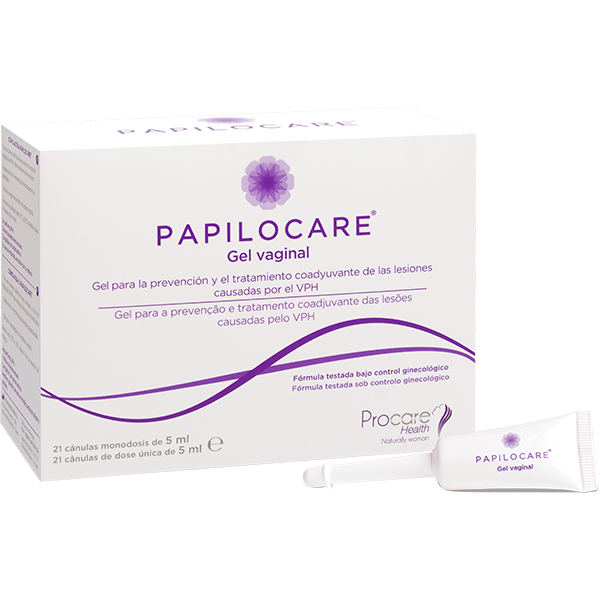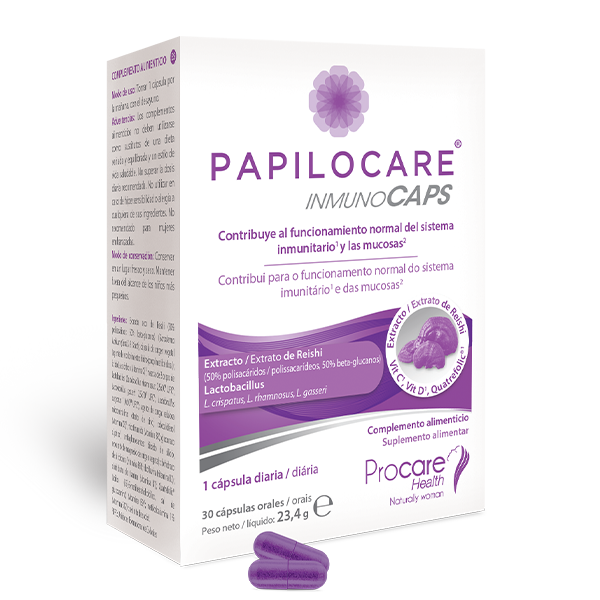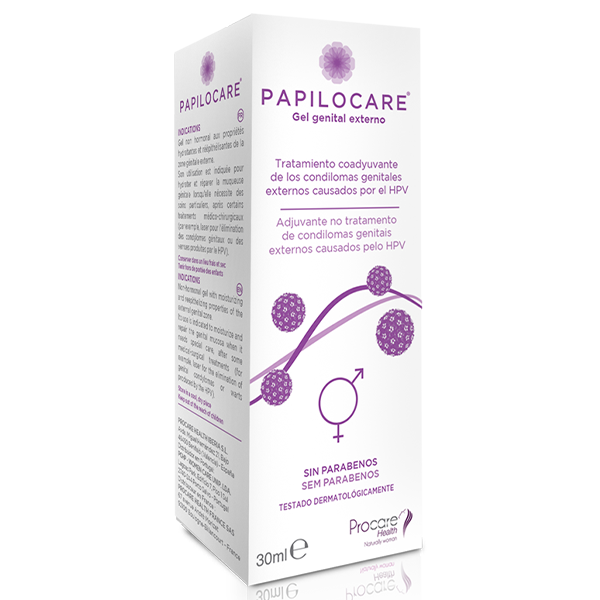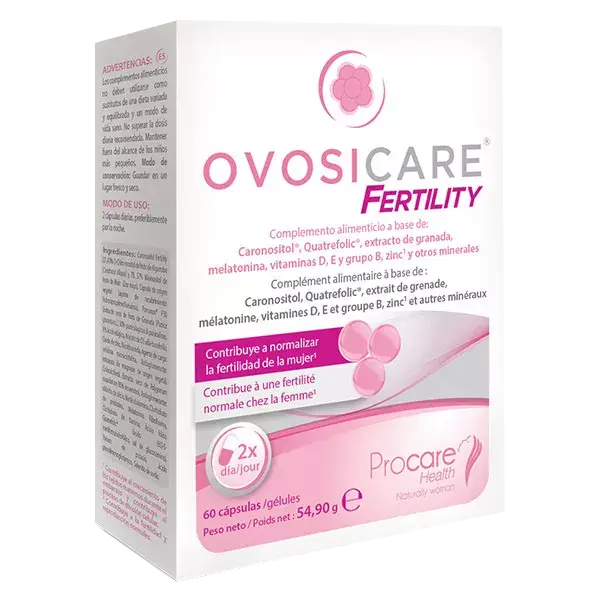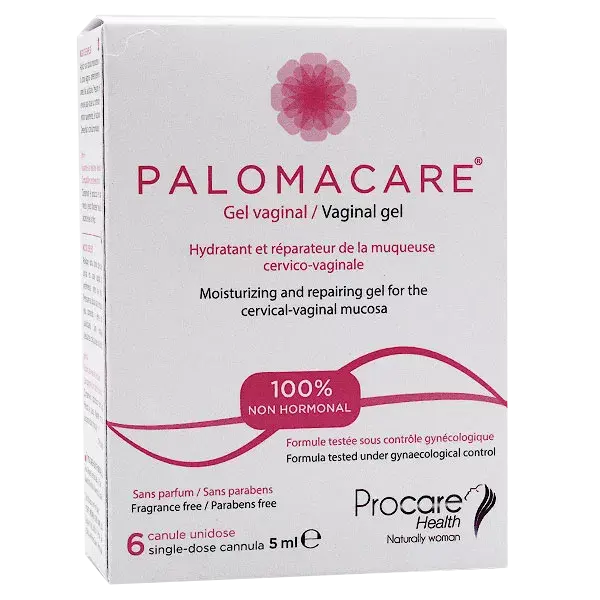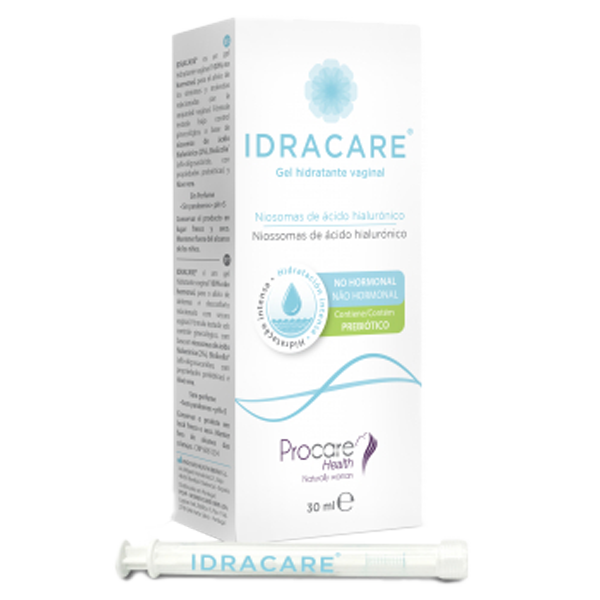How to clear persistent HPV

Human Papillomavirus (HPV) infections that remain in the body for a long time are known as persistent HPV. In this article we answer some of your questions about persistent HPV, including what it is, how long it can persist, and how to clear it.
What is persistent HPV?
Persistent HPV is an infection with the human papillomavirus (HPV) that remains in the body for a long time. Most people who get infected with HPV find their own immune system clears it from their body within a couple of years. But between 10 and 20%1 will not be able to get rid of HPV from their body, and the virus may persist for many years. This is considered a persistent HPV infection.
What causes persistent HPV infection?
We don’t yet know exactly why some people are not able to clear HPV from their body. However, several studies have highlighted genetic and lifestyle factors which can increase the likelihood of persistent infection – including having other sexually transmitted diseases (such as herpes and chlamydia), smoking and alcohol consumption. 1-3
What are the risk factors for HPV persistence?
In addition to the lifestyle factors just mentioned, there are others that can contribute to an increased risk of persistent HPV, including:
- Age is an important factor influencing the rate of HPV persistence. Younger women have a better chance of clearing infection with HPV than older women (generally considered over 40.) The odds to be able to clear HPV decrease by around 20% with every five years of age. High risk HPV persistence is also more likely in older women.4
- People on long term immunosuppressant medication. 5,6
- Certain genetic markers seem to make it more likely for those individuals to have a persistent HPV infection. Further investigation into this area is required to better understand the increased risk of HPV persistence among different ethnic groups and populations.
- Having more than one ‘strand’ of HPV infection (there are hundreds of different types of HPV) may also be a predictor of subsequent persistent infection. 1
How is persistent HPV managed within the NHS?
HPV testing is part of the regular cervical screening programme (often referred to as a ‘smear test.’) There is no blood test for HPV. In the UK, screening is offered to all women and people with a cervix aged 25 to 64. 7
During cervical screening, a small sample of cells is taken from the cervix and tested for HPV. There are many hundreds of different HPV virus ‘strands’, but the testing looks to identify whether an individual has any ‘high risk’ types of HPV, which can cause changes to the cells of the cervix.
If no high risk HPV (HR-HPV) is found, no further tests are needed for a further 3-5 years. If HR-HPV is found in the sample (considered an HPV positive result), there are two possible courses of action: 8
1. If HR-HPV is found (HPV positive) but no abnormal cell changes:
You will be invited for screening again in one year, and again one year after that if HPV is still present. If you still have HPV in your system after two years, you will be invited to have a colposcopy (a different test to look at your cervix.)
2. If HR-HPV is found (HPV positive) and abnormal cell changes are present:
You will be asked to have a colposcopy (a different test to look at your cervix.) So, if you received a positive HPV result with no, or low-grade, abnormal cell changes, you would have to wait one year to see if you still have HPV present in your system (via another smear test) and then a further year after that to see if it was still present. This would be considered ‘persistent HPV.’ The NHS currently recommends no treatment or intervention during this (initial) period.
Is there anything I can do to help clear persistent HPV?
Papilocare® Immunocaps is a food supplement with a unique formula which works to strengthen the body’s natural defences for women with human papillomavirus (HPV) and other vaginal infections. It can help to improve the natural protective environment of the vagina (the vaginal microbiota)9, enhance the immune system 10,11 and promote the clearance of HPV.12 Papilocare® Immunocaps is based on Reishi extract (Ganoderma lucidum, a medical mushroom traditionally used in Chinese medicine) with clinically proven antioxidative and immune-boosting properties.10 It also includes a powerful combination of probiotics,9,11-16 an advanced form of folate (folic acid), anti-oxidants and a complete multivitamin mineral complex.17
How do Papilocare® Immunocaps work?
Reishi polysaccharides have been demonstrated to enhance the immune system by clearing high risk HPV (including strands 16 and 18) after two months of oral supplementation treatment.18-20 Beta-glucan, the polysaccharides abundant in Reishi, has well-researched immune-boosting effects, stimulating the activity of different immune cells. This compares favourably with alpha-glucan, another polysaccharide found in mushrooms such as shiitake. Beta-glucan has also demonstrated anti-oxidative and anti-cancer properties.
In addition, it has been described that the microbiota (beneficial microorganisms living in the vaginal area) plays a central role preventing vaginal infections, including HPV. 21,22 A healthy vaginal microbiota is typically composed mostly by Lactobacillus. From all the different types of vaginal Lactobacillus, it has been described that Lactobacillus crispatus might be the most protective, guarding against vaginal infections and maintaining homeostatic conditions. 23,24 A recent study showed that, for patients suffering vaginal dysbiosis (disturbed microbiota) and HPV infection, after 90 days of oral supplementation with a well described Lactobacillus crispatus strain, 94% had a healthy vaginal microbiota and significantly increased the HPV clearance compared to the clearance values usually found in the general population. Hence the conclusion that supplementation with probiotics can be a promising approach to increase HPV clearance 25 .
Furthermore, Immunocaps contain Quatrefolic®, the bioactive form of folate. Folate (vitamin B12) is essential for the cell division process and in preventing growth of abnormal cells. Insufficient levels of folate can impair the body’s ability to regulate cell growth and increase susceptibility to abnormal cell growth, such as HPV-induced lesions, and cervical cancer.
Humans cannot produce folate and must get it from their diet or folic acid supplements. Once it has been taken from the diet or supplements, it will be converted in the body to the active form, known as folate, that can be used by the cells. However, a significant proportion of the population cannot efficiently produce the folate, hence they suffer from folate deficiency. Quatrefolic®, the bioactive form of folate that humans can benefit from, is available in Immunocaps, leading to better control of cell growth.
Having launched originally in Spain in 2016, the full Papilocare® range is now available in more than 60 countries worldwide and has been used by more than 600,000 women. Papilocare® Immunocaps are available to buy in the UK via Livbio.co.uk (Papilocare® Immunocaps - LivBio) or in pharmacies nationwide.
For more information about the Papilocare® range of products see Papilocare – Now stand up to HPV.
References
1. Targeting Persistent Human Papillomavirus Infection - PMC (nih.gov); Melnikow J, Nuovo J, Willan AR et al: Natural history of cervical squamous intraepithelial lesions: a meta-analysis. Obstet Gynecol 92: 727, 1998
2. Human papillomavirus persistence or clearance after infection in reproductive age. What is the status? Review of the literature and new data of a vaginal gel containing silicate dioxide, citric acid, and selenite - PMC (nih.gov)
3. Schiffman, Mark et al. “Carcinogenic human papillomavirus infection.” Nature reviews. Disease primers vol. 2 16086. 1 Dec. 2016
4. Bekos, Christine et al. “Influence of age on histologic outcome of cervical intraepithelial neoplasia during observational management: results from large cohort, systematic review, meta-analysis.” Scientific reports vol. 8,1 6383. 23 Apr. 2018
5. Cervical cancer symptoms and signs | The Eve Appeal
6. Human papillomavirus in the setting of immunodeficiency: Pathogenesis and the emergence of next-generation therapies to reduce the high associated cancer risk - PMC (nih.gov)
7. Human papillomavirus (HPV) - NHS (www.nhs.uk)
8. https://www.nhs.uk/conditions/cervical-screening/your-results/
9. Di Pierro F, et al. Minerva Obstet Gynecol vol. 73,5 (2021): 621-631
10. Ahmad MF, et al. Int J Biol Macromol vol. 187 (2021): 769-779
11. Kunisawa J, et al. PloS One vol. 7,2 (2012): e32094
12. Donatini B, Int J Med Mush vol. 16,5 (2014): 497-8
13. Liang Y, et al. Infect Agent Cancer vol. 14 29. (2019)
14. Brotman RM, et al. J Infect Dis vol. 210,11 (2014): 1723-33
15. Lebeau A, et al. Nat Commun vol. 13,1 (2022) 1076
16. Ou, YC et al. BMC wom Health vol. 19,1 (2019) 103
17. Shim J, et al. The J Infect Dis vol. 213,12 (2016): 1886-92
18. Lin ZB, J Pharmacol Sci vol. 99,2 (2005): 144-53
19. Xu, Z et al. Am J Chin Med vol. 39,1 (2011): 15-27
20. Donatini B, Int J Med Mushr vol. 16,5 (2014): 497-8
21. Ravel J, et al. Proc Natl Acad Sci U S A. 2011 Mar 15;108 Suppl 1(Suppl 1):4680-7.
22. Han Y, et al. Front Microbiol. 2021 Jun 18;12:643422.
23. Argentini C, et al. Microbiol Spectr. 2022 Apr 27;10(2):e0273321.
24. Wang S, et al. Front Microbiol. 2017 Apr 4;8:564.
25. DI Pierro F, et al. Minerva Obstet Gynecol. 2021 Oct;73(5):621-631.
Social
Sign up to receive our newsletter and a welcome discount code:
Disclaimer: Information on this website is provided for informational purposes only and not intended as a substitute for the advice provided by your physician or other healthcare professional. You should not use the information on this website for diagnosing or treating a health problem or disease, or prescribing any medication or other treatment. For medical advice, diagnosis and prescription, please consult a healthcare professional. More Information >
Disclaimer: Information on this website is provided for informational purposes only and not intended as a substitute for the advice provided by your physician or other healthcare professional. You should not use the information on this website for diagnosing or treating a health problem or disease, or prescribing any medication or other treatment. For medical advice, diagnosis and prescription, please consult a healthcare professional.
© LivBio Limited 2024 All Rights Reserved.
